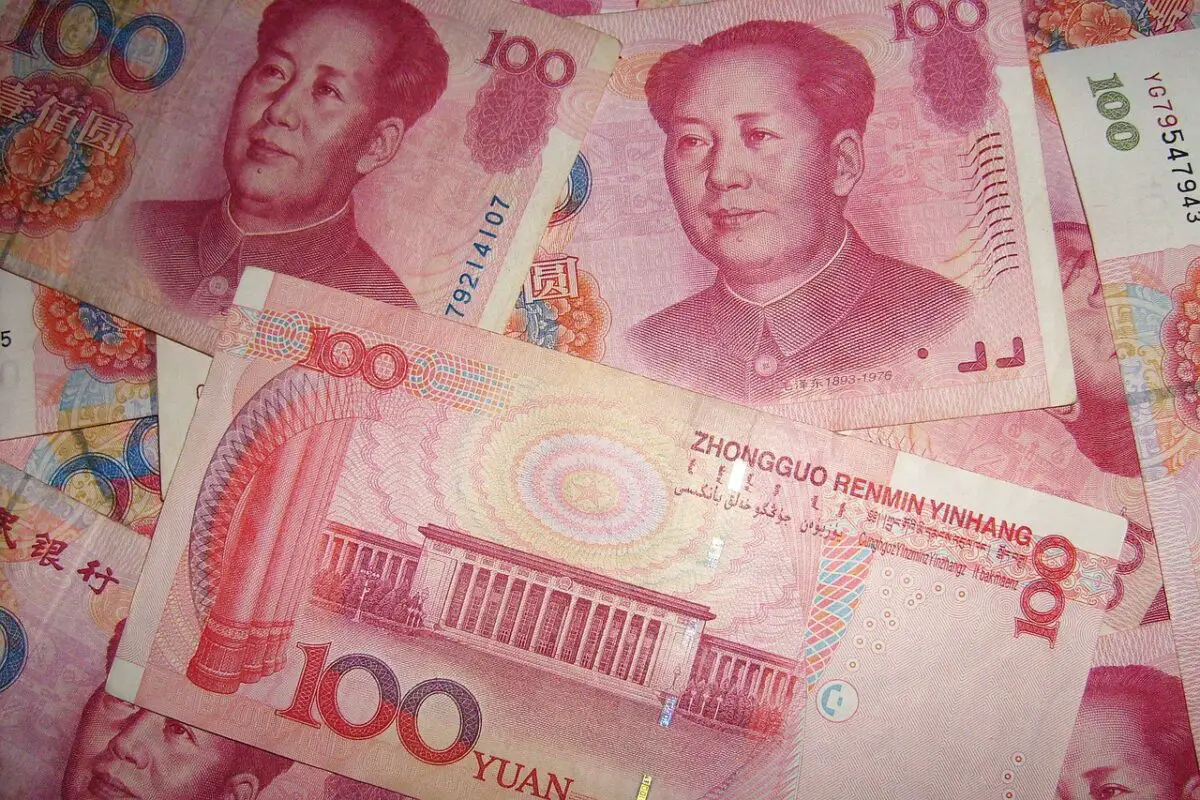
Donald J. Trump’s current civil fraud penalty trial in Manhattan, along with four criminal suits pending against him, have raised questions about the role of the jury in the judicial process.
In the fraud penalty case, whose outcome is in the hands of Judge Arthur Engoron, neither side requested a jury trial and it’s unclear if Trump would’ve been granted one given the statute – pertaining to “persistent fraud” – under which New York state Attorney General Letitia James filed the suit.
In the case of the four pending criminal trials – involving alleged bookkeeping fraud (Manhattan); national security documents (Southern District of Florida); and alleged 2020 election subversion (Washington D.C. and Georgia) – critics have suggested that Trump will not get a fair trial. Since everyone already knows who he is, and the vast majority already have opinions about him, supporters worry that his lawyers won’t be able to find juries that can hear his cases impartially.
In my view as an experienced trial lawyer, it’s unrealistic to expect to find people who won’t have preconceived notions of someone who is a well-known, polarizing figure. But that’s not a problem, and it certainly doesn’t mean he won’t receive a fair trial.
Everyone may be partial, but not everyone is unfair
Attorneys know that, in reality, there’s no such thing as an impartial jury. Everyone brings his or her biases, politics and worldviews to everything, including hearing a court case.
So the question isn’t whether you can find jurors who are impartial. Rather, the goal is to find people who will listen to the facts of the particular case, think about them and make decisions based on them.
Still, trial lawyers know how important it is to select the right jurors for them as the ultimate outcome can hinge on a single vote. That is why it’s common for lawyers to use special techniques to identify the individuals who would be the most amenable to their side.
What both sides look for
Lawyers for both the defendant and the prosecution can object to individual jurors and get them dismissed from serving on the jury. They have a certain number of “imperative challenges” that disqualify a juror without a reason, as well as an unlimited number of “cause challenges” that enable them to do so with a reason, though this reason must provide sufficient grounds that the juror wouldn’t be able to reach a fair decision.
In Trump’s criminal cases, both teams of attorneys will attempt to stack the jury with people they think they can persuade. Trump’s lawyers will want the most ideologically conservative jurors they can find. Odds are that very conservative jurors will have a high opinion of Trump and will doubt any information that questions his character. Meanwhile, the state and federal government’s prosecutors will want moderate and left-leaning jurors who question everything he says and does.
Beyond the obvious political interests, Trump’s lawyers will likely also look for people who distrust the government generally, while government lawyers will want jurors who value current government institutions. Finding them, however, is likely to be time-consuming and tricky.
Finding the right jurors
In my experience, people in general don’t admit to their biases in response to direct questions. If a potential juror does so, that person is probably trying to be removed from the panel. This strategy usually works, since one side or the other will object to the bias being espoused.
Instead of asking potential jurors to list their biases, the attorneys should ask questions that reveal a person’s unconscious beliefs and leanings. For instance, they might ask prospective jurors if they agree that police officers’ testimony is inherently authoritative, or if being charged with a crime probably makes the person guilty. There are also subtle ways to test how open-minded someone would likely be.
This process, called “voir dire,” is painstaking. Lawyers sometimes review people’s social media and online presence, looking for anything that might disqualify them. Many potential jurors can also be expected to submit claims that serving would cause hardship to them and their families, which further slows the process.
When someone is famous – or infamous – jury formation can be particularly protracted. In the case of rapper Young Thug (Jeffrey Lamar Williams) – who like Trump has also been charged under Georgia’s broad Racketeer Influenced and Corrupt Organizations law, or RICO – jury selection began in January. A jury was finally seated this month, and the trial is now underway in Atlanta.
So no matter how long this process might take, in the end, it will be possible to select jurors with open minds who will give the former president a fair hearing. Therefore, the wise will be wary of either making or believing claims that he can’t get such a hearing, or didn’t, as such claims would erode people’s confidence in our judicial system and perhaps even inflame extremist or violent portions of our society.
Omar Ochoa is an award-winning lawyer and the founding attorney of the Texas-based Omar Ochoa Law Firm. In addition to his law degree, he holds degrees in business administration, accounting, and economics from the University of Texas at Austin. As a trial lawyer, he has handled a variety of state and federal cases involving antitrust, class actions, insurance matters, securities, oil and gas, trade secrets, construction law, environmental law, qui tam (in which a whistleblower brings a suit on behalf of the United States government), the Fair Credit Reporting Act, employment matters, private equity transactions and breaches of contract.
Bench or jury trial?
While we’re used to trials taking place in front of a jury, the prosecution and defense sometimes choose a bench trial, or trial by judge. This can save time and money. It may also be beneficial when a case turns on complex legal issues.
In the case of municipal courts, there is only trial by judge. You’re not going to get a jury to hear how unfair your parking ticket was.
When jail time is on the line, however, you are entitled to a trial by a jury of your peers, and the odds say you are better off with one. With a judge, you have only a 50-50 chance of being acquitted. With a jury, all it takes is one person to believe in your innocence. – Georgette Gouveia



















